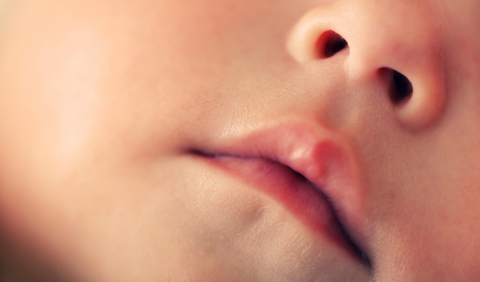As a mother, your journey with your newborn is filled with countless joys and challenges. One such challenge that may arise is the presence of lip-tie or tongue-tie in your little one. These conditions can affect various aspects of feeding, including bottle feeding, leaving many parents uncertain about the best course of action. In this comprehensive guide, we delve into the impact of lip-tie and tongue-tie on bottle feeding and explore strategies to ensure your baby’s comfort and well-being during feeding sessions.
Understanding Lip-Tie and Tongue-Tie
Lip-tie and tongue-tie are conditions that occur when the tissue connecting the lips or tongue to the gums is tighter or thicker than usual, limiting their range of motion. This can lead to difficulties in latching onto the breast or bottle, causing discomfort and frustration for both the baby and the mother. While breastfeeding challenges are often discussed in relation to these conditions, their impact on bottle feeding is equally significant.

Effects on Bottle Feeding
When it comes to bottle feeding, lip-tie and tongue-tie can present unique challenges. Babies with these conditions may struggle to create a proper seal around the bottle nipple, leading to excessive air intake, gas, and discomfort. Additionally, inadequate tongue mobility can impede the baby's ability to effectively suck and swallow, resulting in inefficient feeding and potential feeding aversions.

Tips for Bottle Feeding with Lip-Tie or Tongue-Tie
While lip-tie and tongue-tie can pose challenges, there are strategies you can implement to facilitate smoother bottle feeding sessions for your little one. Firstly, choosing the right bottle and nipple is crucial. Opt for a bottle with a slow-flow nipple to prevent overwhelming your baby and minimize the risk of choking. Additionally, holding your baby in an upright position during feeding can help reduce the likelihood of milk reflux and discomfort.
Can Lip Tie and Tongue Tie Go Away By Itself?
In most cases, the frenulum will recede by itself over the baby's first year, but in some cases a small surgical procedure may be required. This is a very simple operation known as a frenotomy, which is a safe and uncomplicated procedure, usually performed in office at the GP’s surgery. No anaesthesia or stitches are needed; it’s a very easy and painless procedure.

Lip-tie and tongue-tie can indeed impact bottle feeding, but with the right approach and support, you can navigate these challenges effectively. By prioritizing your baby's comfort and utilizing tools like the Babocush comfort cushion, you can ensure that feeding time remains a positive and nurturing experience for both you and your newborn. Remember, every baby is unique, so don't hesitate to seek guidance from healthcare professionals if you have concerns about your baby's feeding habits. With patience, perseverance, and love, you can overcome any obstacles that come your way on this beautiful journey of motherhood.


